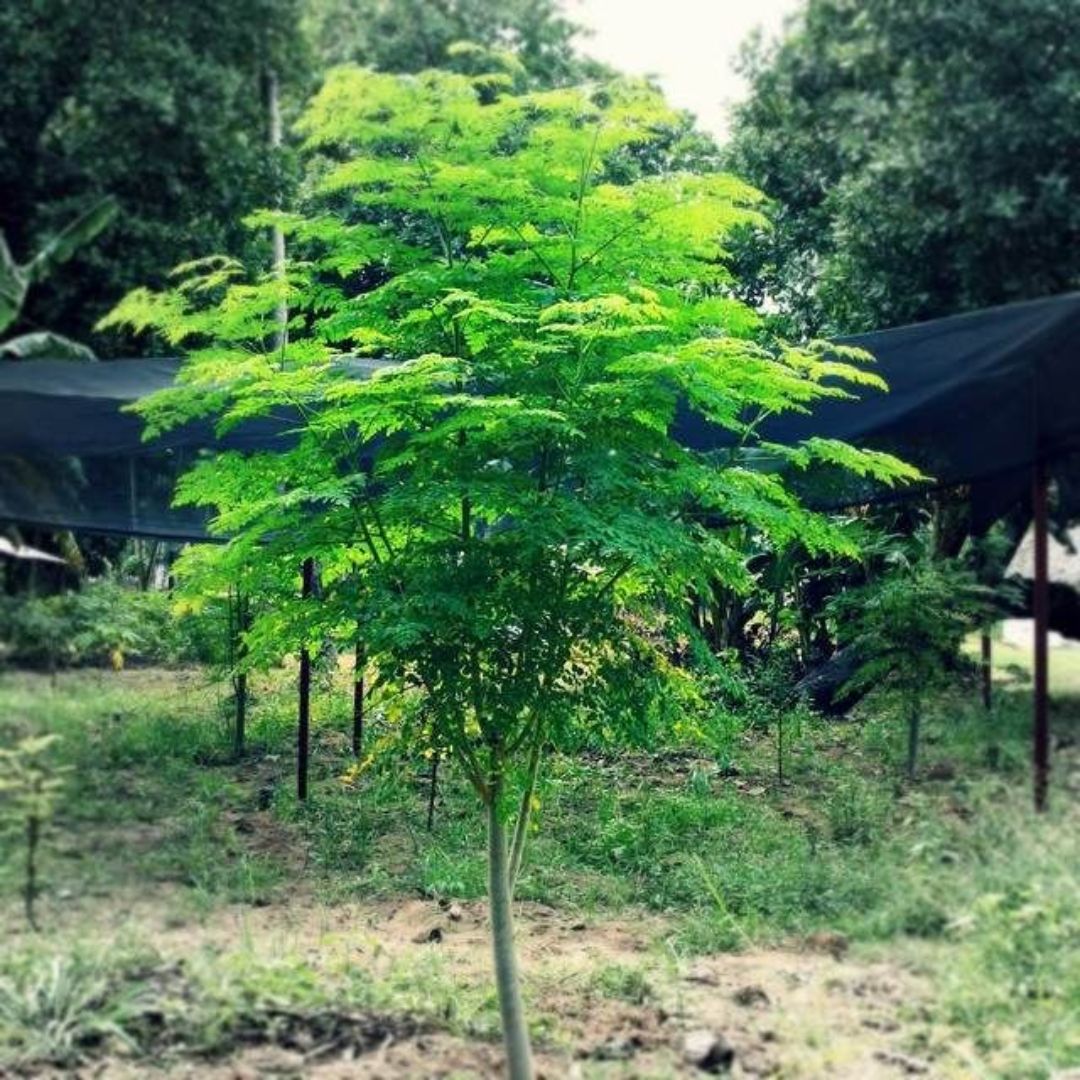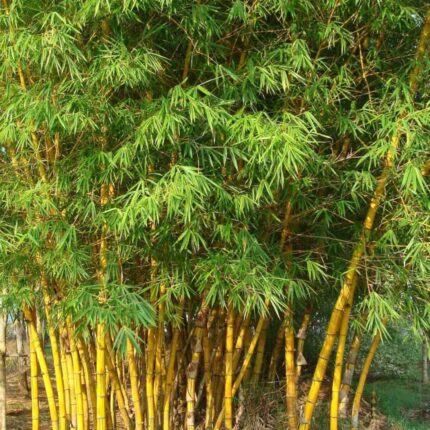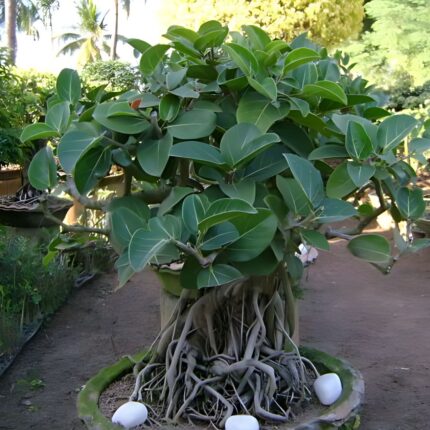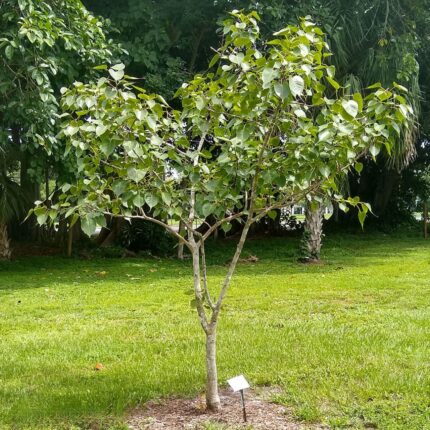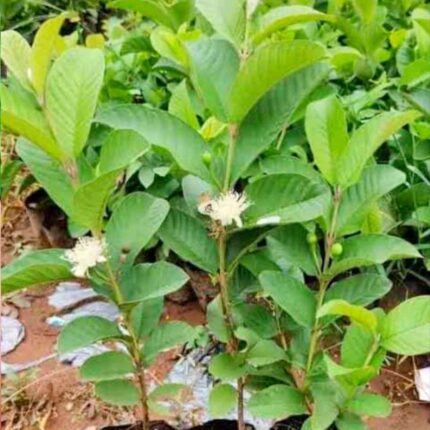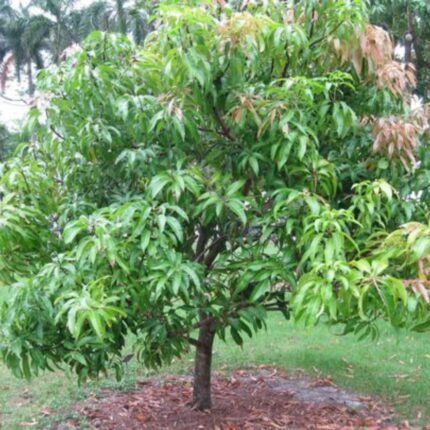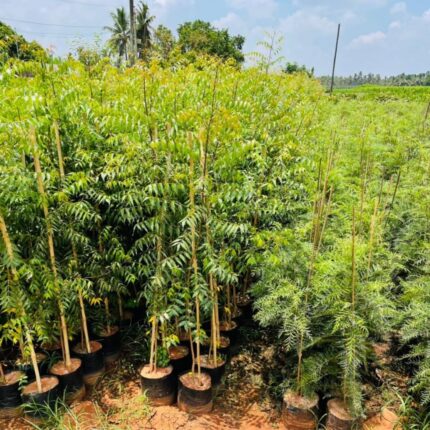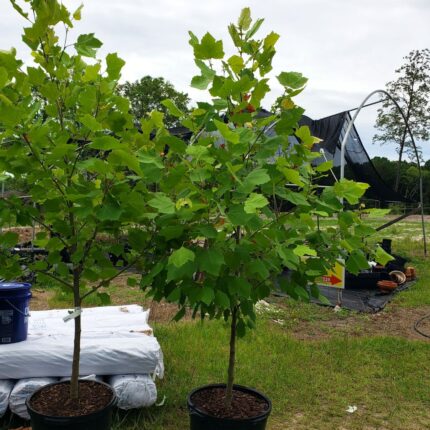Moringa (सहजन)
₹2,998.00
Moringa, often referred to as the “miracle tree,” is a highly versatile and resilient plant native to the Indian subcontinent. It is renowned for its exceptional nutritional value, medicinal properties, and environmental benefits. Moringa is widely cultivated in tropical and subtropical regions around the world.
Common Names
- Drumstick tree
- Horseradish tree
- Ben oil tree
Botanical Characteristics
- Scientific Name: Moringa oleifera
- Family: Moringaceae
- Type: Deciduous tree
- Height: Typically grows 10-12 meters (33-39 feet) tall
- Leaves: Feathery, compound leaves with small leaflets
- Flowers: Fragrant, white to cream-colored, and borne in clusters
- Fruit: Long, slender, triangular pods known as drumsticks, which contain seeds
Nutritional Benefits
Moringa leaves, seeds, and pods are highly nutritious, providing essential vitamins, minerals, and antioxidants. The leaves are particularly rich in:
- Vitamin A: Important for vision and immune function
- Vitamin C: Boosts the immune system and has antioxidant properties
- Calcium: Essential for bone health
- Iron: Crucial for red blood cell production
- Potassium: Helps regulate fluid balance and nerve signals
- Protein: Contains all nine essential amino acids
Medicinal Uses
Moringa has been used in traditional medicine for centuries due to its wide range of health benefits:
- Anti-inflammatory: Reduces inflammation and pain
- Antioxidant: Protects cells from oxidative stress
- Antimicrobial: Fights bacterial, viral, and fungal infections
- Blood Sugar Control: Helps in managing diabetes
- Cholesterol Reduction: Lowers bad cholesterol levels
- Digestive Health: Treats digestive issues like constipation and ulcers
Environmental Benefits
- Soil Fertility: Improves soil quality through its leaf litter, which decomposes and enriches the soil
- Erosion Control: Its deep roots help prevent soil erosion
- Air Quality: Absorbs carbon dioxide and releases oxygen, improving air quality
- Drought Tolerance: Can thrive in arid conditions, making it ideal for dry regions
Uses
Moringa’s various parts are utilized in different ways:
- Leaves: Eaten fresh, cooked, or dried and powdered for use in soups, sauces, and smoothies
- Pods: Cooked and eaten as a vegetable; seeds can be roasted or pressed to extract oil
- Seeds: Yield oil known as ben oil, used in cooking, cosmetics, and lubrication
- Bark, Roots, and Flowers: Used in traditional medicine for various treatments
Cultivation and Care
- Climate: Prefers tropical and subtropical climates with temperatures between 25-35°C (77-95°F)
- Soil: Thrives in well-drained sandy or loamy soils with a pH between 6.5 and 7.5
- Watering: Requires moderate watering, especially during dry periods
- Propagation: Can be grown from seeds or cuttings; seeds germinate within 1-2 weeks
Sustainability
Moringa is a fast-growing, sustainable crop that requires minimal inputs. Its ability to grow in poor soils and withstand drought conditions makes it an excellent choice for enhancing food security and supporting sustainable agriculture in vulnerable regions.
Conclusion
Moringa is truly a remarkable plant, offering a multitude of benefits for nutrition, health, and the environment. Whether incorporated into diets, used in traditional medicine, or cultivated for its ecological benefits, Moringa stands out as a valuable resource for communities around the world. By planting and utilizing Moringa, we can contribute to better health, sustainable agriculture, and a greener planet.

